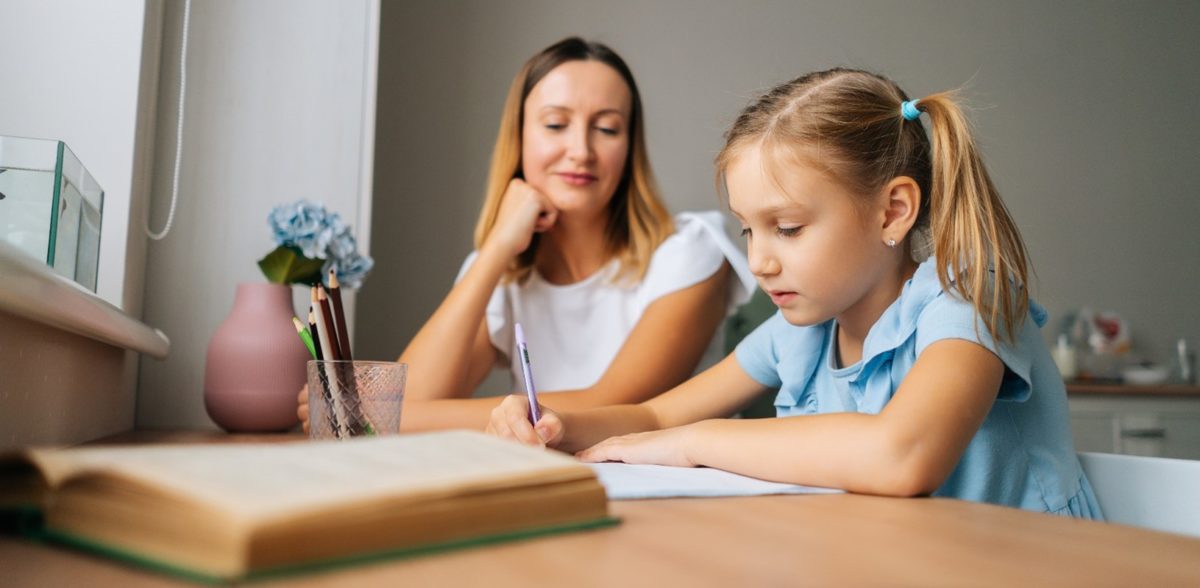The Best Ways to Build Confidence in Young Learners

The Best Ways to Build Confidence in Young Learners
To thrive in a learning environment, kids need to trust in their capabilities, knowing that they can handle it if they aren’t successful at something. Most students go through stages of self-doubt when they’re unable to pick up a class concept or when they perform poorly on a test. What’s important is that students don’t remain in this mindset for long and continue to believe in themselves. We have some tips to help parents build confidence in young learners below!
Book Your Free Assessment Today
Praise Good Work
Students who don’t have a lot of confidence tend to focus on only the negative aspects of what they are doing. Your praise is a great way to show that you’re proud. Praising kids the right way can build their self-esteem. Avoid focusing praise only on results, such as getting an A, and praise your child for putting in effort regardless of the outcome. Specific praise helps students know that you’re paying attention.
Practise Positive Self-Talk with Them
Children and adults often engage in damaging conversations with themselves: “I can’t do this,” or, “I’m terrible at this”. Many students go into a downward spiral when they receive poor feedback or a bad mark on a test. Instead of dwelling on the negatives, help your child maintain a positive mindset and look at setbacks as learning opportunities. The best way to encourage this thinking is to demonstrate it yourself. If you need help helping your children, consider enrolling them in an academic support program.
Demonstrate Confidence Yourself
Parents are often the biggest role models in a child’s life. Performing tasks with optimism and lots of preparation sets a good example for kids. Let them see you make mistakes too and see that it isn’t the end of the world. The important thing is to learn from them, not dwell on them.
Keep Goals Realistic
Achieving goals is a great way for a student to strengthen their self-confidence, but this can only happen if the goals they are setting are achievable. It’s normal and healthy to want to work hard and have high hopes for learning. However, having unrealistic expectations often leads to disappointment and lowered self-esteem. Setting far-fetched and unreasonable goals can often become a cause of anxiety rather than excitement for students.
Avoid Comparison Between Students
It is important to remember that all children have their own sets of unique strengths, talents, and needs. One of the worst things a student can do is compare themself to others. Try to avoid comparing your child to others, including siblings. These comparisons cause children to doubt themselves, believe that they can’t please you or meet your expectations, and ultimately lose confidence. Once your child breaks this unhealthy habit of self-comparison, they will be able to concentrate on what’s most important – learning!
If your child needs a learning confidence boost, 123 Tuition can help. Our lesson plans lay a solid foundation for academic success, giving your child the confidence and enthusiasm they need to succeed. 123 Tuition delivers affordable, home-based English and maths tuition from Year 1 to NCEA Level 2, fully aligned to the New Zealand curriculum and your child’s specific learning requirements. Get in touch today to see how we can help your children!
